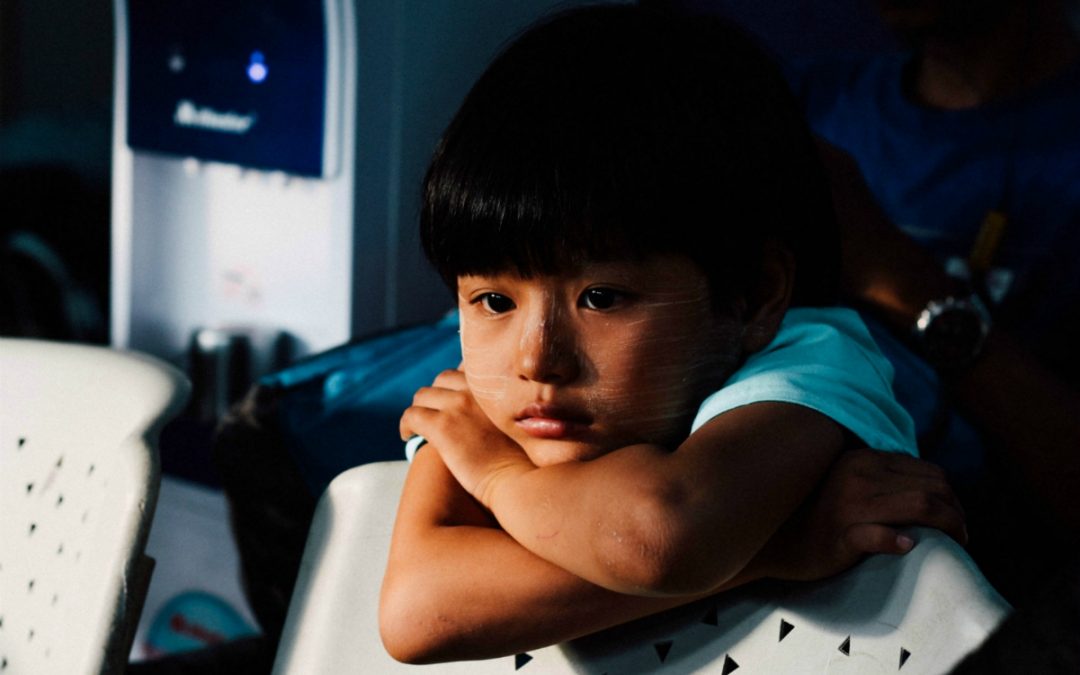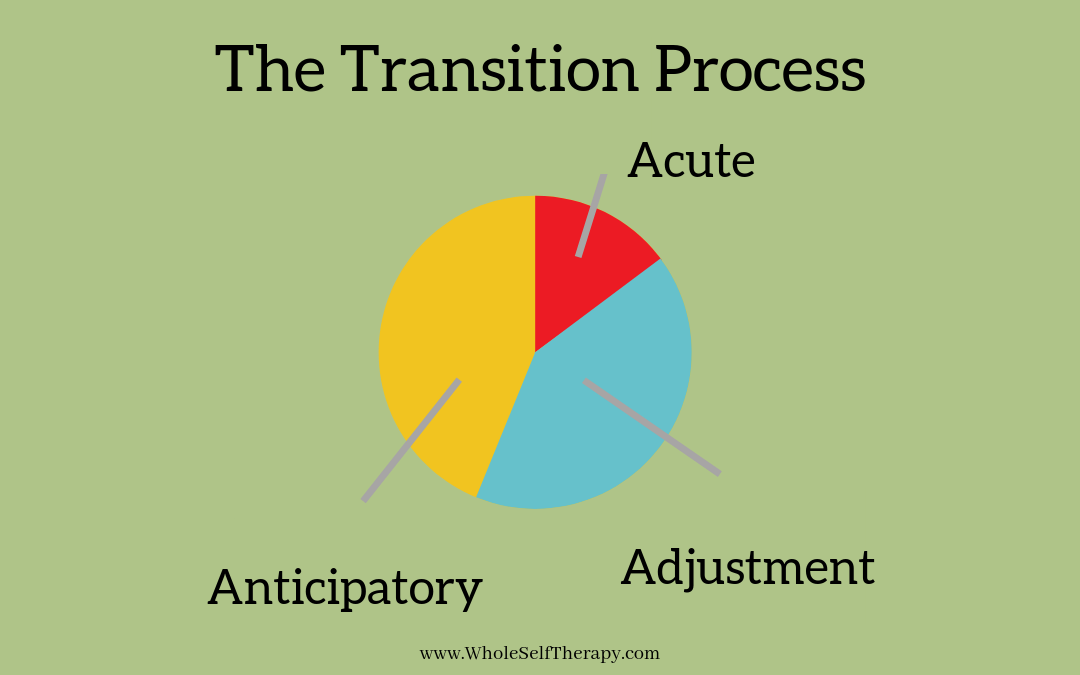
Therapy for Depression in North Carolin
Seeking out therapy for depression in North Carolina can be challenging, but finding the right therapeutic fit can be a transformative experience.
I provide support to many people suffering from low-grade, chronic depression. When it comes to the individual factors that contribute to depression, however, people can find themselves at a loss for how it originated with them. Let’s look deeper at the roots of depression.
Where does depression come from?
Depression is an incredibly challenging state of being. It drains your energy, takes pleasure out of everything you do, and convinces you that there is no point in anything.
While it sometimes seems that depression arises out of nowhere and slowly takes over our psyches, the true roots of depression can come from a number of places. Let’s look at these three common sources:
- Unresolved Trauma
- A harsh, demanding or punitive Inner Critic
- Unexpressed anger that has been turned inward on the Self.
Unresolved Trauma
I recently listened to an Attachment Theory in Action podcast in which Howard Steele Ph.D. provided some phenomenal definitions for trauma. He says:
Trauma is an experience that occurs when there is a gap between the demands of a situation and the resources available to handle that situation.
Traumatization is when children are overwhelmed with information or experiences they cannot understand. When this occurs, their self development suffers and they are traumatized.
Steele goes on to talk about how the most vulnerable years of life are the first 18 years. That children are really the most vulnerable population in need of advocacy and protection.
When we, as children, have experiences that are overwhelming and incapable of being fully understood, processed, and integrated, we are susceptible to traumatization. When this happens repeatedly, we are left alone to make sense of our experiences and, due to false attribution, we tend to misassign ourselves the blame. This alone can cause depression.
Trauma can be healed. It takes time to unpack and explore the many layers we’ve built over it, but it may be the most important thing you ever do.
A harsh, demanding, or punitive Inner Critic
How you talk to yourself is everything.
Do you realize that you talk to yourself? Because we all do it, all day long and even (or, rather, especially) in the wee hours of the night. There are many people for whom that idea is foreign, but once we start to get quiet and bring our attention inward we can hear the stirrings of a voice that is always there, just below the surface.
This is why mindfulness is such a powerful practice. Because it gives us a structure and a way to gently “drop in” on our own self-talk and be curious about it.
Once we’re there what we sometimes find is a relentless authority figure whose mission is to keep us in line, prevent us from making a fool out of ourselves, or keep us small and unnoticeable. That voice is generally negative, demeaning, or cruel.
Hearing how you speak to yourself is sometimes a shock, and often a revelation. If you had an actual nay-sayer following you around 24/7, it’d make sense that you generally felt down.
Since this part of you never leaves (and often exists beyond your conscious mind) it can be incredibly challenging to change what is causing your pain. The good news is that Inner Critics are capable of being tamed and transformed from masters to servants with clear intentions, guidance, and practice. Getting the right therapy for depression is possible.
Unexpressed anger that has been turned inward on the Self
We all get angry. It is part of our evolutionary design. When we feel that an injustice has occurred, or that we have been violated in some way, our adrenaline starts pumping to mobile us so we can take action. We are supposed to take action.
However, for those of us who have been conditioned to not take action, for example, those of us with a Subjugation or Self-Sacrifice schema, we do not express our anger. We pretend that everything is fine, and our anger gets swallowed down deep inside of us. It lives there, inside our bodies, and festers. It often changes form from anger into resentment and sometimes, it becomes depression.
The good news here is that it is never too late to express what has been unexpressed. The rage from the injustices you saw or experienced as a child, or at any point in your life is still there. Expressing it can be an important part of your healing journey. As you release the pent-up energy and make space for something new, you may find that there is a world of sadness, grief, or creativity that awaits.
If you are seeking therapy for depression in North Carolina, reach out to me today if you’d like to get support.





